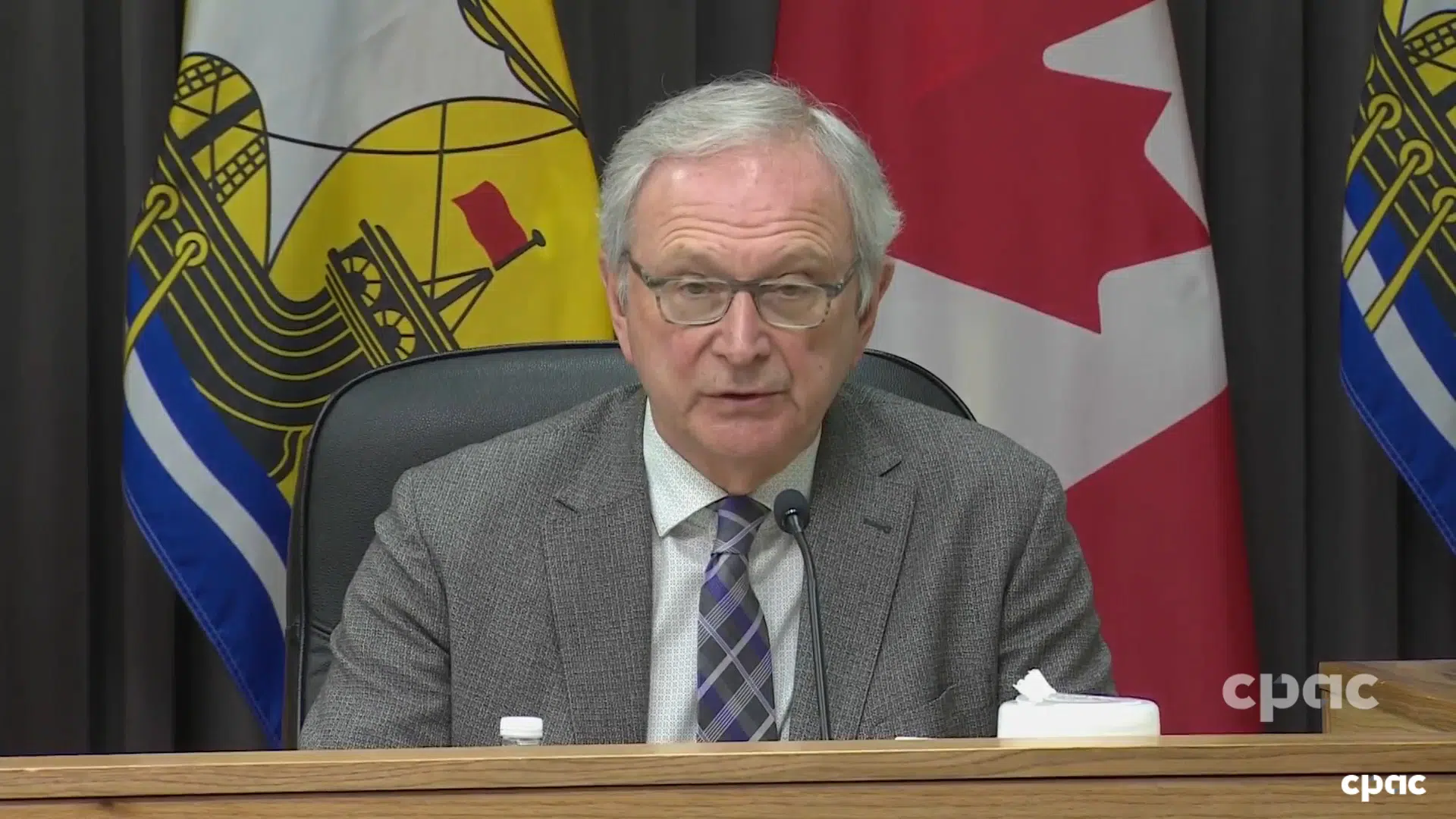New Brunswick’s premier is calling for calm amid his government’s controversial review of Policy 713.
The policy is meant to ensure there is a supportive environment for students, no matter their gender identity or sexual orientation.
It sets minimum requirements for school districts and schools to “create a safe, welcoming, inclusive, and affirming school environment for all students, families, and allies who identify or are perceived as LGBTQI2S+.”
“I want to be clear with all New Brunswickers that we are not, and have never considered, removing this policy,” Higgs said in a statement on Saturday.
“We are reviewing three sections of the policy that are causing confusion and misunderstanding.”
The first section pertains to children under 16 being allowed to change their preferred first name and pronouns in certain situations without telling their parents.
In the current policy, transgender or non-binary students under 16 require parental consent for their preferred first name to be officially used for recordkeeping purposes and daily management
Before contacting a parent, the principal must have informed consent from the student to discuss their preferred name with the parent.
If it is not possible to obtain parental consent, the policy said, a plan will be put in place to support the student in managing the use of the preferred name in the learning environment.
“The school must hide the fact that the child is using a different name or pronoun at school – to the point of taking down artwork with the student’s chosen name on parent-teacher night,” Higgs claimed in his statement.
“Given that parents must give consent to go on a school field trip or to have their picture taken, I can understand why parents are confused by this section of 713.”
Higgs said if a child is at risk of being abused at home because of their sexual identity, trained professionals will do an assessment and reach out to child protection services for help.
The second section being examined relates to transgender participation in sports “and the impact on girl’s teams and scholarship programs,” he said.
The government is also reviewing the section of the policy that allows access to washroom facilities on the basis of gender identity.
Higgs said protecting human rights is “non-negotiable” for his government, adding they must find a way to “respect and embrace” the differences they see in students while respecting the role parents play.
“I firmly believe we must find a balance between providing children with a safe space where they can learn, and express themselves and grow, while still ensuring that parents are kept informed and are comfortable with the education their child is receiving,” said Higgs.
“These topics are being discussed nationally and internationally. We must get this right in our province, and we can’t do that if we aren’t able to talk to one another about it.”
You can view the premier’s full statement by clicking here.
Several rallies have taken place in recent weeks calling on the government to stop its review of the policy, which was implemented in 2020.
Both the premier and the education minister have said the review began after they received “hundreds” of complaints.
But the province’s child and youth advocate says when he asked to see the complaints that led to the review, the Department of Education only sent him three emails.
“I am not sure any government decision could survive if receiving three complaints led to reconsideration,” Kelly Lamrock said in his findings to the government.
Lamrock has called on the province to stop its “broken and incoherent” review until clear goals are in place.








